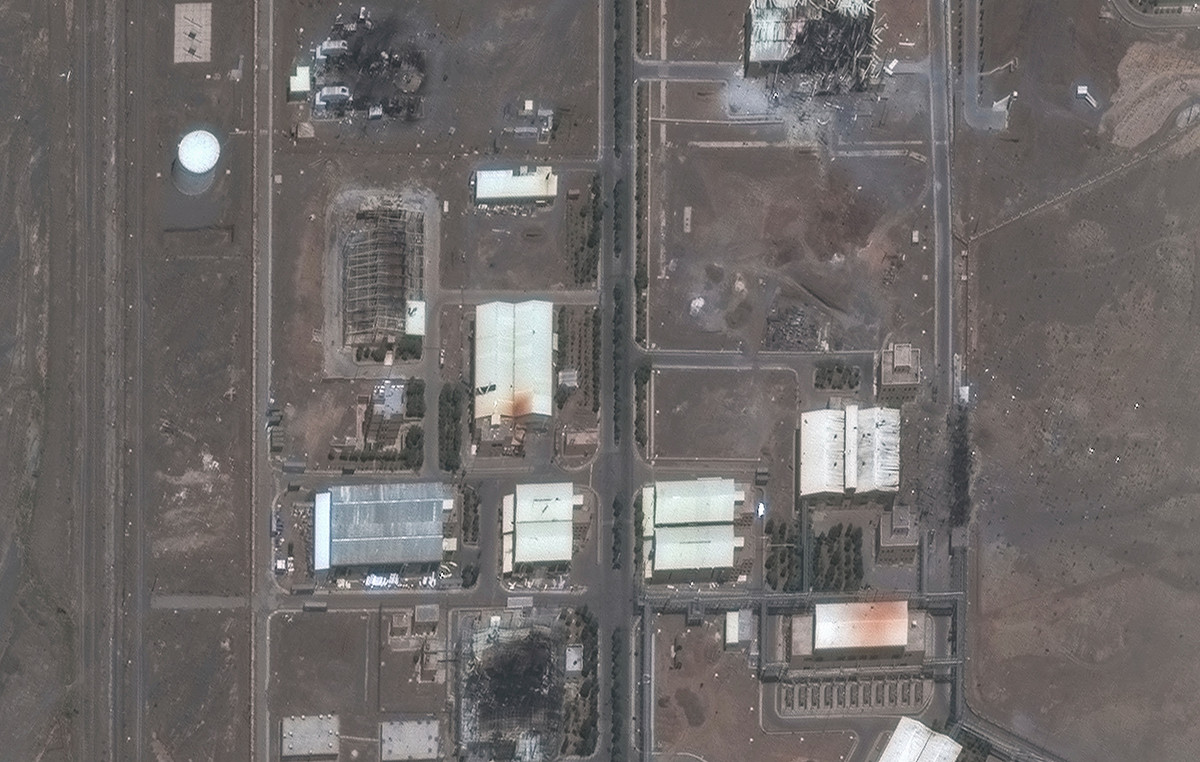For the bill, aimed at creating a structured legal environment for digital assets, 441 of 445 deputies who were present at the ninth session of the 15th National Assembly of Vietnam in Hanoi cast votes.
According to the new law, digital assets will be divided into two main categories: virtual assets and crypto assets. The former are mainly used for trade or investment purposes. They do not include securities, stablecoins, digital currencies of central banks (CBDC) and any regulated financial products. Cryptoactives are digital tools to create, release, storage and transfer of which blockchain is used. This category includes tokens used to verify transactions and confirm property rights in the distributed register.
The Vietnamese government is instructed to work out the conditions for doing business with digital assets and the mechanisms of supervision of them. The law also obliges the regulatory departments to monitor so that companies working with digital assets comply with the rules for combating money laundering (AML) and financing terrorism (CTF).
The new law is aimed at compliance with the requirements of the financial measures to combat money laundering (FATF). Vietnam has been in the “gray list” of FATF since 2023. In addition, the legislative initiative is aimed at developing artificial intelligence (AI) and high -tech production in the country.
In February, the Vietnamese police detained five people suspected of creating a fictitious crypto -tank Matrix Chain. Its creators fraudulently attracted $ 400 million from more than 138,000 investors.
Source: Bits
I am an experienced journalist, writer, and editor with a passion for finance and business news. I have been working in the journalism field for over 6 years, covering a variety of topics from finance to technology. As an author at World Stock Market, I specialize in finance business-related topics.







